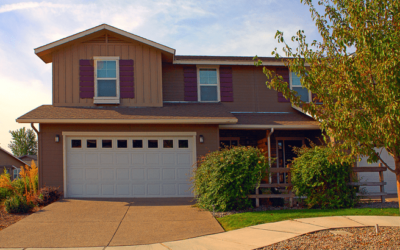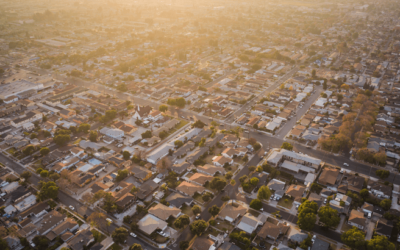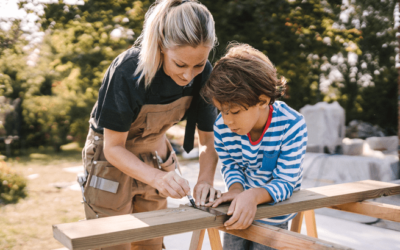
” There are still 2.77 million borrowers in a forbearance program. No one knows for sure how many of those will become foreclosures.”
According to the latest report from Black Knight, Inc., a well-respected provider of data and analytics for mortgage companies, 6.48 million households have entered a forbearance plan as a result of financial concerns brought on by the COVID-19 pandemic. Here’s where these homeowners stand right now:
- 2,543,000 (39%) are current on their payments and have left the program
- 625,000 (9%) have paid off their mortgages
- 434,000 (7%) have negotiated a repayment plan and have left the program
- 2,254,000 (35%) have extended their original forbearance plan
- 512,000 (8%) are still in their original forbearance plan
- 116,000 (2%) have left the program and are still behind on payments
This shows that of the almost 3.72 million homeowners who have left the program, only 116,000 (2%) exited while they were still behind on their payments. There are still 2.77 million borrowers in a forbearance program. No one knows for sure how many of those will become foreclosures. There are, however, three major reasons why most experts believe there will not be a tsunami of foreclosures as we saw during the housing crash over a decade ago:
- Almost 30% of borrowers in forbearance are still current on their mortgage payments.
- Banks likely don’t want to repeat the mistakes of 2008-2012 when they put large numbers of foreclosures on their books. This time, many will instead negotiate a modification plan with the borrower, which will enable households to maintain ownership of the home.
- With the significant equity homeowners have today, many will be able to sell instead of going into foreclosure.
Will there be foreclosures coming to the market? Yes. There are hundreds of thousands of foreclosures in this country each year. People experience economic hardships, and in some cases, are not able to meet their mortgage obligations.
Here’s the breakdown of new foreclosures over the last three years, prior to the pandemic:
- 2017: 314,220
- 2018: 279,040
- 2019: 277,520
Through the first three quarters of 2020 (the latest data available), there were only 114,780 new foreclosures. If 10% of those currently in forbearance go to foreclosure, 275,000 foreclosures would be added to the market in 2021. That would be an average year as the numbers above show.
What happens if the number is more than 10%?
If we do experience a higher foreclosure rate from those in forbearance, most experts believe the current housing market will easily absorb the excess inventory. We entered 2020 with 1,210,000 single-family homes available for purchase. At the time, that was low and problematic. The market was experiencing high buyer demand, and we needed more houses to meet that demand. We’re now entering 2021 with 320,000 fewer homes for sale, while buyer demand remains extremely strong. This means the housing market has the capacity to soak up a lot of inventory.
Bottom Line
There will be more foreclosures entering the market later this year, especially compared to the record-low numbers in 2020. However, the market will be able to handle the increase as buyer demand remains strong.
To view original article, visit Keeping Current Matters.
More Homes, Slower Price Growth – What It Means for You as a Buyer
Having a real estate agent who knows the local area can be a big advantage when you start the buying process.
What’s Motivating Homeowners To Move Right Now
Selling your home isn’t just about market conditions or mortgage rates—it’s also about making the best decision for your lifestyle and future.
The Majority of Veterans Are Unaware of a Key VA Loan Benefit
VA home loans are designed to make homeownership a reality for those who have served our country.
Renting vs. Buying: The Net Worth Gap You Need To See
If you’re on the fence, it may be helpful to speak with a local real estate agent. They can help you weigh your options.
Expect the Unexpected: Anticipating Volatility in Today’s Housing Market
Understanding what’s happening will help you make the right decisions, whether that’s buying or selling.
Is a Fixer Upper Right for You?
The perfect home is the one you perfect after buying it. With careful planning, budgeting, and a little bit of vision, you can turn a house that needs some love into your perfect home.





